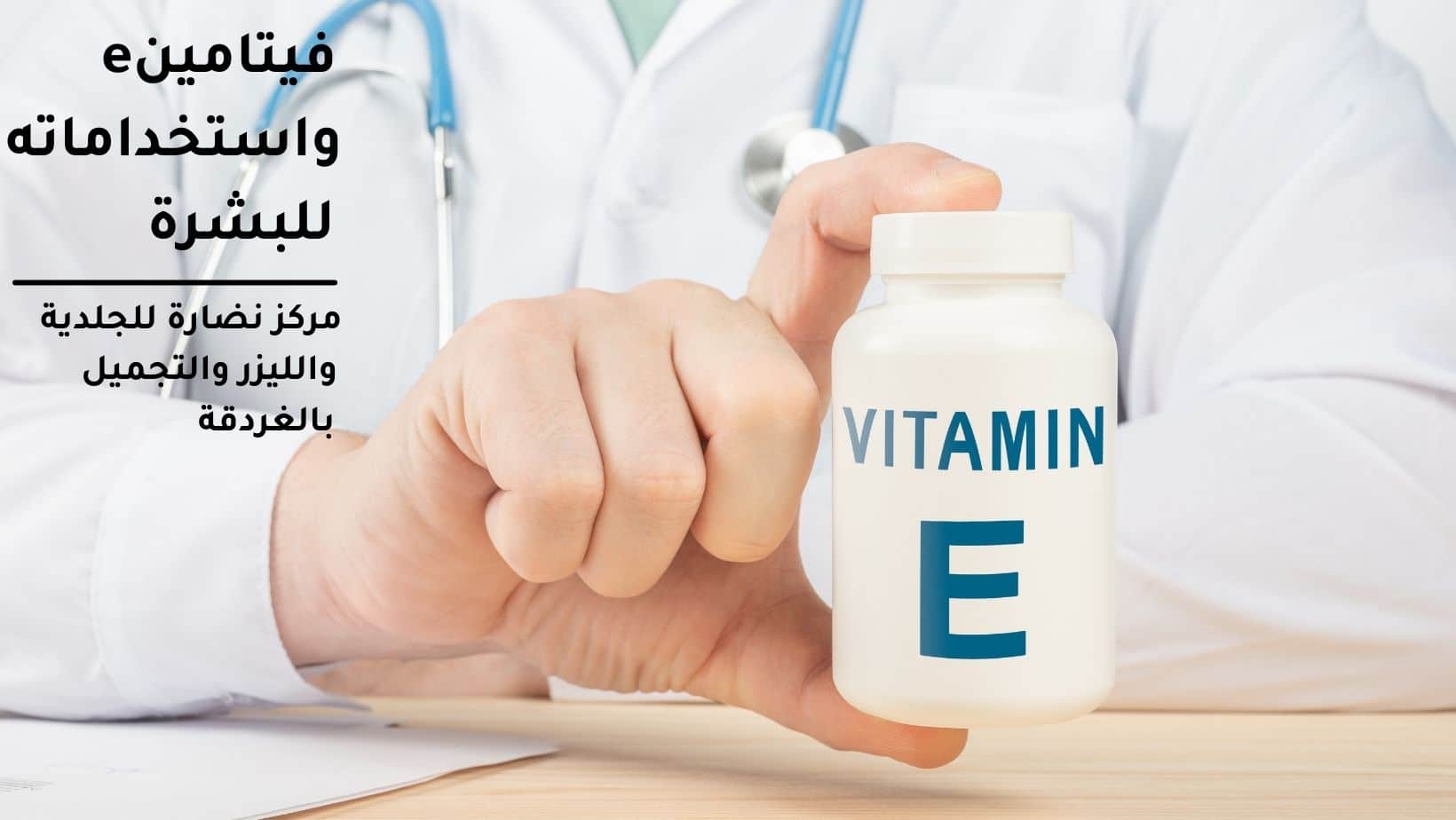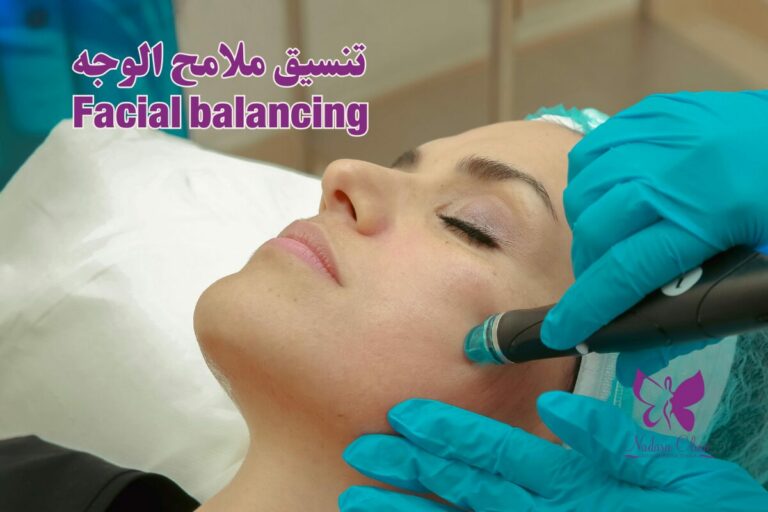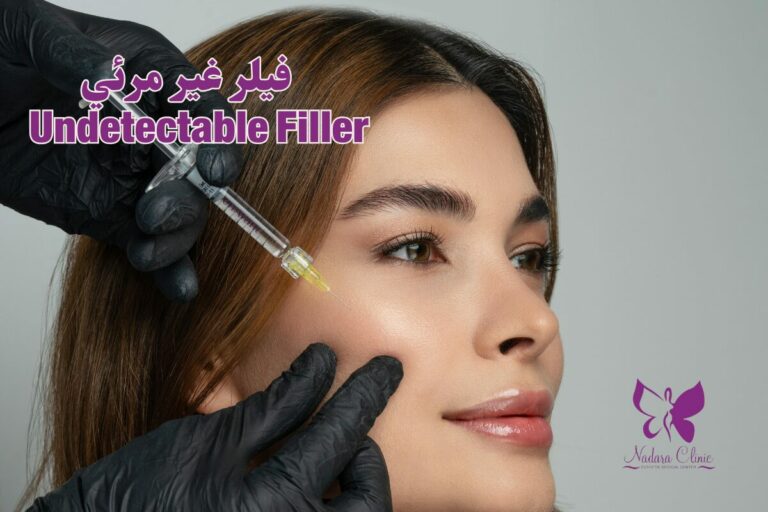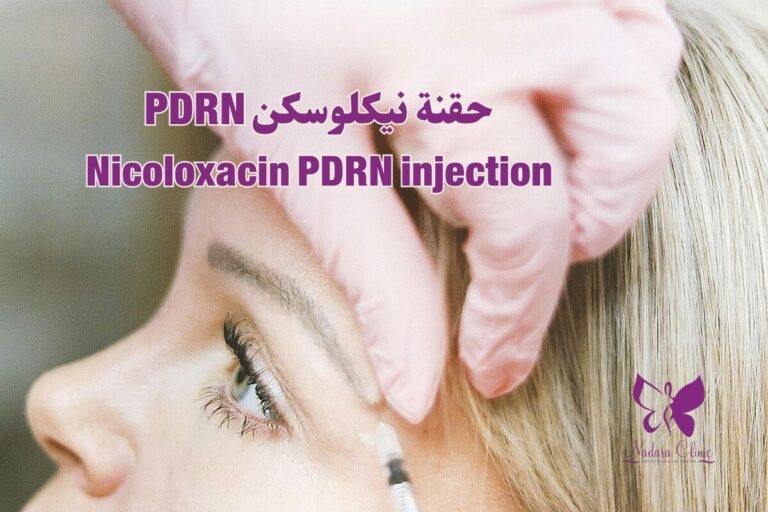If you, dear reader, are looking for the best natural ways to keep your skin healthy, vitamin E is one of the essential vitamins that maintain the appearance and health of the skin.
The best source of vitamins is eating nutrient-rich foods, but supplements and products containing vitamins can also be helpful.
Vitamins can be used to treat many different skin conditions such as acne, the effects of aging caused by sunlight, as well as psoriasis.
Let's learn in this article about the benefits of vitamin E for the skin, its various uses, and the correct ways to use it in your skincare routine.
What is vitamin E?
Vitamin E is an essential fat-soluble nutrient and has anti-inflammatory properties.
It helps support the immune system and healthy skin, which helps protect cells from damage throughout the body.
It's found in sebum (the oil of the skin) which creates a natural barrier to keep the skin moisturized, so oily skin like the face contains large amounts of it.
Lipids, along with vitamin levels, naturally decrease with age.
Vitamin E benefits for skin
- Helps treat hyperpigmentation
Dark spots on the skin can be caused by excess melanin pigment, caused by hormonal imbalances or other causes.
This condition is known as melasma, and it is believed that this condition can be treated with the use of a topical vitamin.
- Can be used on the face at night as an anti-aging treatment
The vitamin is an antioxidant and affects blood circulation, making it an effective treatment for delaying signs of aging and wrinkles.
You can apply it before bed so that it can be completely absorbed, and if you put it in the morning, you may have difficulty applying makeup or serum on top of it.
Most anti-aging creams contain Vitamin E at 5% and 1% as one of their active ingredients.
Look for products known as alpha-tocopherol or the vitamin in its pure form.
- Maintains healthy lips
Topical vitamin E oil can be used to relieve chapped and dry lips, as it promotes cell renewal.
The thick and greasy consistency of the vitamin oil prevents further irritation.
Other benefits include:
- It is an antioxidant, making it effective in combating the effects of free radicals produced by food metabolism and toxins in the environment.
- It also reduces the damages of UV rays to the skin.
- It may have an effective role in reducing symptoms of disease eczema.
- Makes skin look younger.
- Contributes to the treatment of acne scars.
- Helps soften the skin.
- It prevents the skin from losing moisture.
- It is used to widen the blood vessels, which reduces the risk of blood clots.
You can also read : Clean the skin with HydraFacial.
How much does the body need?
The amount you need per day depends on your age.
Teenagers, adults, and pregnant women should consume about 15 mg per day, while breastfeeding women need about 19 mg.
Babies and children need less vitamin E in their daily diet.
People with conditions that affect their ability to digest or absorb fats may need more.
These conditions include cystic fibrosis and Crohn's disease.
Supplements and minerals may help replace these and others who are interested in taking vitamin E.
How to use vitamin E for skin health?
Dermatologists at the Freshness Center for Dermatology, Cosmetology and Laser in Hurghada recommend the use of vitamin E.
There are several ways you can protect your skin with this vitamin, including:
- Rub pure vitamin E oil on the skin
It works to enhance skin hydration in people with dry and flaky skin.
And if your skin is oily, you do not need an extra vitamin, as the skin produces enough sebum.
It penetrates the surface of the skin, protecting the upper and middle layers of the skin.
- Use products that contain vitamin E
Using some products that contain this vitamin may keep skin cells healthy.
It also prevents other substances from penetrating the skin and causing irritation.
You can use moisturizers that have less than 0.1 % levels of the vitamin in the skin.
It is also available in the form of creams or capsules that can be taken in the mouth or can be opened and used directly on dry areas.
- Eat foods rich in vitamin E
This essential vitamin for the body and skin can be found in many foods including:
- Some processed foods such as juices.
- Seafood like salmon.
- Nuts and seeds such as sunflower seeds, hazelnuts, and almonds.
- vegetable oils;
- Berries and avocados.
- spinach;
- broccoli
- Some fruits like kiwi and mango.
It can be better absorbed when combined with Vitamin C.
Ways to use vitamin E oil on your skin?
The dermatologists at the Freshness Center for Dermatology, Cosmetology and Laser in Hurghada are advised to follow the following steps:
- The face should be washed well with lukewarm water, cleaned of any traces of make-up or other products, and then dried with a thin cotton pad on the face.
- Mix one or two drops of pure oil for every 10 drops of a carrier oil such as coconut oil, almond oil, or jojoba oil.
- Scrub your face in small circular motions while applying the oil to distribute it well on your skin, and to stimulate blood circulation.
- You can wait a while before you go to bed, and it is best to reapply this remedy once or twice a week as part of your skincare routine.
You can also read : Fillers and Botox are non-surgical cosmetic facial solutions.
Precautions for use
There is no clear reason to reduce the intake of foods containing vitamin E, it is not harmful even if you eat it in large quantities.
The danger can lie in nutritional supplements because large doses can block the blood's ability to circulate thrombosis when needed.
This eventually causes serious bleeding, and may also lead to a hemorrhagic stroke (bleeding in the brain).
Some recent studies have indicated that increased use of vitamin E-rich supplements significantly increases the risk of prostate cancer in healthy men.
It should not be used in supplement form more than once or twice a week to prevent clogged pores or deplete the skin's natural oil balance.
drug interactions
Taking this vitamin supplement may interfere with some medications that lower blood cholesterol.
It can also reduce the effectiveness of chemotherapy and radiotherapy for cancer.
It interacts with medications that prevent blood clots such as warfarin (Coumadin).
You should speak to a dermatologist at the Freshness Center for Dermatology, Cosmetic and Laser in Hurghada before taking any nutritional supplement.
(especially if you have any underlying health conditions)
Finally, you can consult dermatologists at the Freshness Center for Dermatology, Cosmetology and Laser about the appropriate ways to use vitamin E for skin care.






